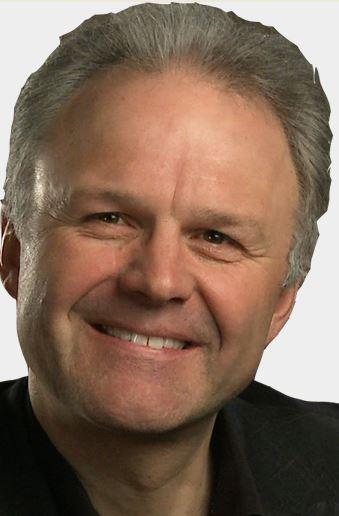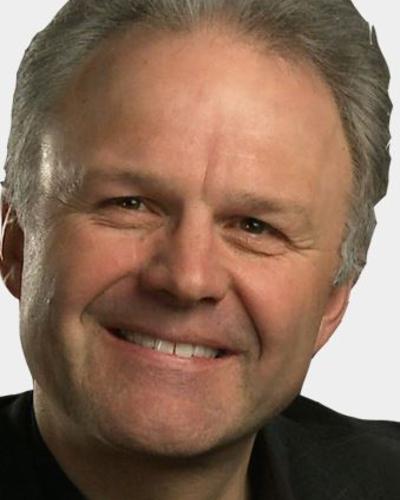An invite to EU innovation
Research-based knowledge about society should be the focal point when addressing the major societal challenges in a turbulent era. The EU’s next research programme needs to take on these challenges.
Hovedinnhold
The University of Bergen’s Rector Dag Rune Olsen, the Dean of the Faculty of Humanities, Margareth Hagen, and the Dean of the Faculty of Social Sciences, Knut Helland, participated at an event organised by the Research Council of Norway in Oslo on 19 April.
Among several speakers at the event was the Director-General of the EU’s Directorate-General for Research and Innovation (RTD), Robert-Jan Smits, who is in charge of the research and innovation programme Horizon 2020 (H2020).
Dean Helland took a reply after Mr. Smits’ speech, where he pointed out three paradoxes that are of major importance for Europe and the EU right now. Elaborating on this, he made two suggestions about how the EU’s future research programme (FP9) can put the social sciences and humanities at the centre and address present and future challenges.
Three paradoxes
The three paradoxes mentioned by Dean Helland:
1) The ultimate paradox of most of our research is that we take for granted that our societies work well. In reality, they may not be functioning as good as we would like.
2) The social and cultural challenges in Europe are severe. Just look at issues such as democracy, unemployment, migration, the public sphere, terrorism, etc.
3) The incorporation of the social sciences and humanities in the Horizon 2020 programme has been inadequate. There is now an obvious need for a stronger integration of social sciences and humanities in the research and innovation programme that will succeed H2020.
Two proposals
Two proposals to address these three paradoxes:
1) The first proposal is that we need a collaborative research programme on the social, cultural, political and economic issues that Europe and the world face today. This programme must lead to science that provides vital perspectives on these key issues.
2) The second proposal is that the commission should establish a general policy for interdisciplinarity across FP9 that readdress and rethink the current efforts to integrate the social sciences and humanities. This way, we can avoid the pitfalls of taking for granted that our societies are working.

